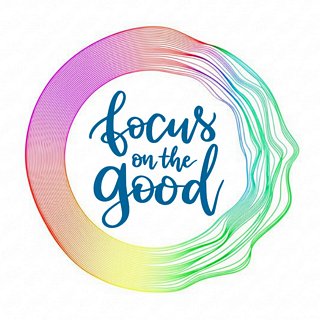 Real connection isn’t in the highlight reel of coffee dates or parties. It’s forged in the unglamorous trenches of daily life.
Real connection isn’t in the highlight reel of coffee dates or parties. It’s forged in the unglamorous trenches of daily life.
As Erich Fromm argued in The Art of Loving (1956; my summary,) love’s an active power: a doing, not a being. Whether with a romantic partner, a friend, or even a pet, depth’s earned through showing up in the mundane.
We don’t usually confuse intensity with intimacy, yet it’s the quiet repetitions that bind us. Love’s less about passion than about patience with the banal. In friendships and romance, this often shows up as what psychologist John Gottman calls “emotional bids”—small, ordinary requests that predict long-term success. Listening to a work complaint for the third time, helping someone move furniture, or remembering their preferred brand of tea builds psychological safety in ways a weekend getaway never could. Gottman’s decades of research on marital stability show that responding to these bids—often unspoken—determines whether relationships thrive or collapse.
Even with our pets, the bond isn’t just about cuddles. It’s the commitment to stay present through feeding schedules, cleaning up accidents, and sitting with them through illness. Showing up for the “little” things signals we’re in it together. That’s what builds bonds.
Idea for Impact: The test of affection isn’t in grand gestures but in the willingness to endure boredom together. If you want deeper connection, stop chasing excitement and start finding more ways to be useful, to be available. Connection strengthens not in the fireworks but in the daily embers we tend.
 Modern life tempts us toward simple ideals—peace, joy, freedom—but wisdom lies in reimagining these not as escapes from discomfort, but as quiet, sustained negotiations with the
Modern life tempts us toward simple ideals—peace, joy, freedom—but wisdom lies in reimagining these not as escapes from discomfort, but as quiet, sustained negotiations with the .jpg)
.jpg)
 Agassi casts himself as a victim of his circumstances, expressing a weariness with the grind—a sentiment many can relate to. While few may hate their jobs
Agassi casts himself as a victim of his circumstances, expressing a weariness with the grind—a sentiment many can relate to. While few may hate their jobs  There’s a familiar drift to human existence: most people stumble through life—nudged by inertia, lulled by routine,
There’s a familiar drift to human existence: most people stumble through life—nudged by inertia, lulled by routine,  David McCullough Jr., son of historian
David McCullough Jr., son of historian  A bitter truth of life is the fleeting nature of friendships, even those imbued with profound love and mutual regard.
A bitter truth of life is the fleeting nature of friendships, even those imbued with profound love and mutual regard..jpg)
.jpg)